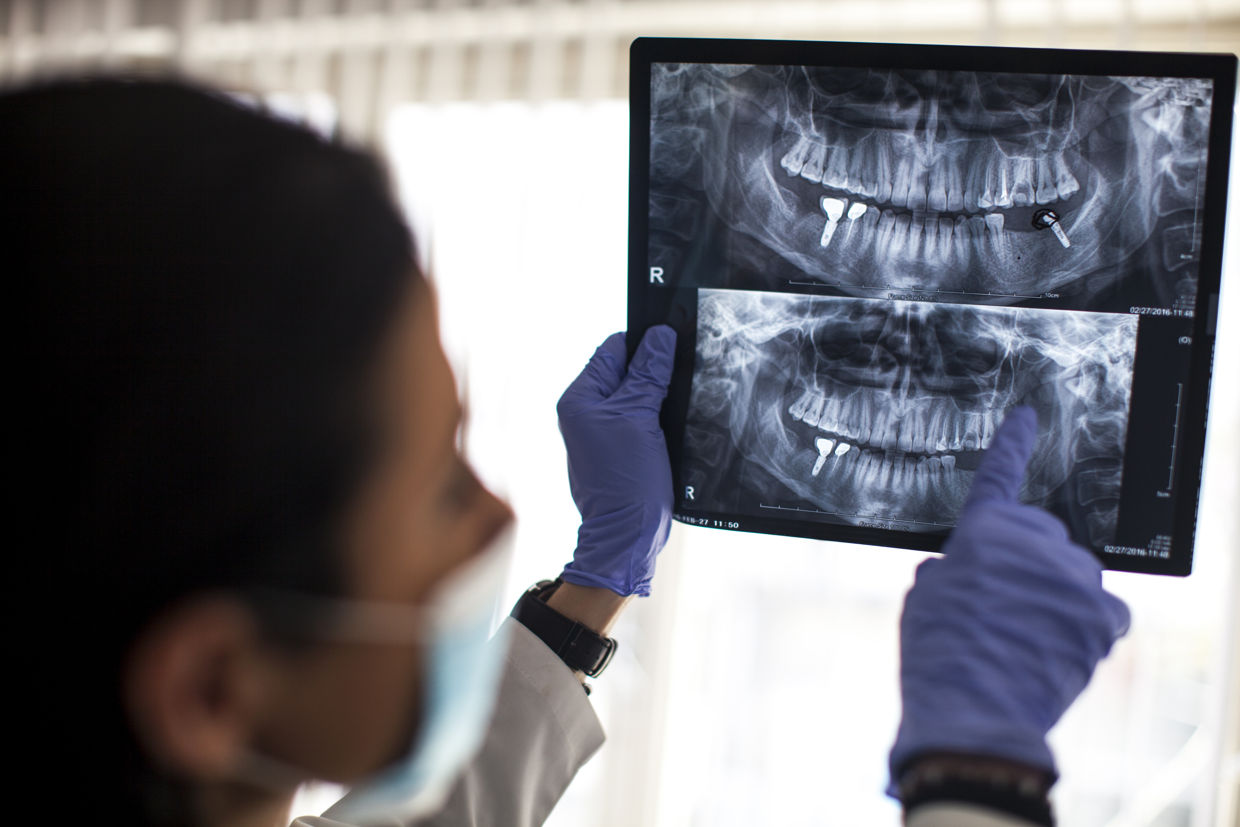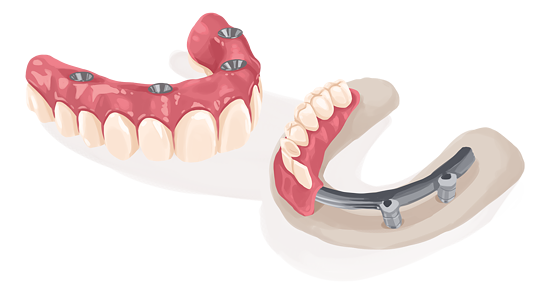Dental implants have many advantages over other ways of replacing missing teeth. Even so, there are still things to think about before choosing to do implants.
Let’s look at what you need to be aware of and how to prevent bad outcomes from implants.
In this guide, we delve into the considerations for the safety and success of dental implants, addressing the vital question, Are dental implants safe? to empower you with informed choices for your oral health journey.
Dental implants benefits
Dental implants are considered the closest thing to having natural teeth. They look good, are comfortable, and function well when chewing and talking. Here are some of the reasons implants have such a good reputation:
High success rate
Dental implants are one of the most reliable restorations in dentistry, with an over 95% success rate. In most situations, dental implants work well without any significant issues.
Stability
Implants have such a high rate of success because they actually fuse to the bone and anchor in place. This makes them much more stable than removable dentures that rest on the gums. Patients usually find teeth implants much easier to eat and talk with than conventional dentures.
Conservative
Traditional bridges require cutting down adjacent teeth to act as anchors for missing teeth. Since implants are instead anchored in bone, much like natural tooth roots, adjacent teeth can be preserved.
Maintains bone
Without teeth, the bone of the jaw slowly absorbs back into the body. This leads to bone that is thin and fragile. Dental implants act like natural teeth to stimulate and maintain bone in the jaw.
Long lasting
Since they are most often made of titanium metal, implants do not get cavities or decay. They fuse so securely to the bone that they do not normally come loose. As a result, dental implants can often last a lifetime.
Cost efficient
Additionally, dental implants are very cost efficient. Although they usually cost more on the front end, they usually don’t have to be replaced every 5-10 years like other types of teeth replacement.

Dental implants problems
Although dental implants can seem like an ideal restoration for replacing teeth, there are some risks involved. These complications are rare, but they do happen occasionally.
Infection
Implant placement may involve several surgeries. Any time a surgical site is open, there is the chance of bacteria getting somewhere it shouldn’t. An infected implant may have swelling or a bump on the gums, or it may only be seen as a dark spot on x-rays.
Rejection
Occasionally implants will not fuse to the bone. This may be due to infection, auto-immune disorders, or other issues. In these cases, the implant may come loose from the jaw.
Placement issues
If an implant is not placed correctly, there may be damage to nerves or blood vessels. It may also result in damage to the sinus cavities or perforations through the bony walls of the jaw. 3D images and surgical guides have made implant placement much safer and predictable.
Gum disease
Although implants cannot get decay, they are still subject to periodontal disease and bone loss. Gum tissue may shrink back to expose the metal of the implant. The bone around the implant may also be lost. Bone loss is the most common way that implants fail.
Fracture
Titanium implants are extremely strong, but so are your jaw muscles. If you are prone to clenching or grinding, you can actually break an implant. You might also fracture the bridge or denture on top of the implant.

Dental Implant Risk factors
Some conditions increase the risk of implant failure.
Patients with untreated decay, poor oral hygiene, or gum disease should have those issues treated before implant placement.
Smokers and people with uncontrolled diabetes have a decreased ability to heal. Implants may take longer to integrate and surgical sites may be more prone to issues.
Patients who have been without teeth for a while often have decreased amounts of bone in the jaw. Additional procedures like sinus lift surgery or bone grafting may be needed to place an implant.
How can you improve your chances of success?
There are several things you can do to help your implant placement be successful:
- Be focused on having good oral hygiene before and after your surgery. A cleaner mouth means lower chances of infection or gum disease issues later on.
- Let your doctor know if you clench or grind your teeth. It may affect how they design your implant restoration.
- Work with your healthcare provider to get your diabetes under control. They can also help you stop smoking with cessation programs and medications.
- One of the most critical steps you can take is choosing the right doctor to place your implants. Be sure you pick an experienced dentist that has done many implant placement procedures.

An experienced implant dentist like those at G4 by Golpa has placed hundreds of implants and will know how to best plan your case. Our doctors have perfected the same day implants procedure, allowing you to get a full mouth of new teeth in a single 24 hour period.
Contact us to learn more about how G4 By Golpa can help you get your smile back!
